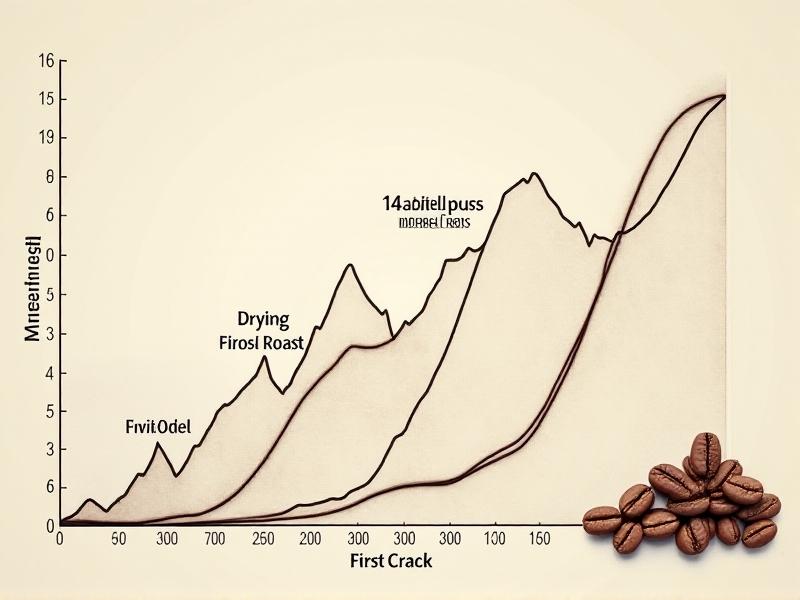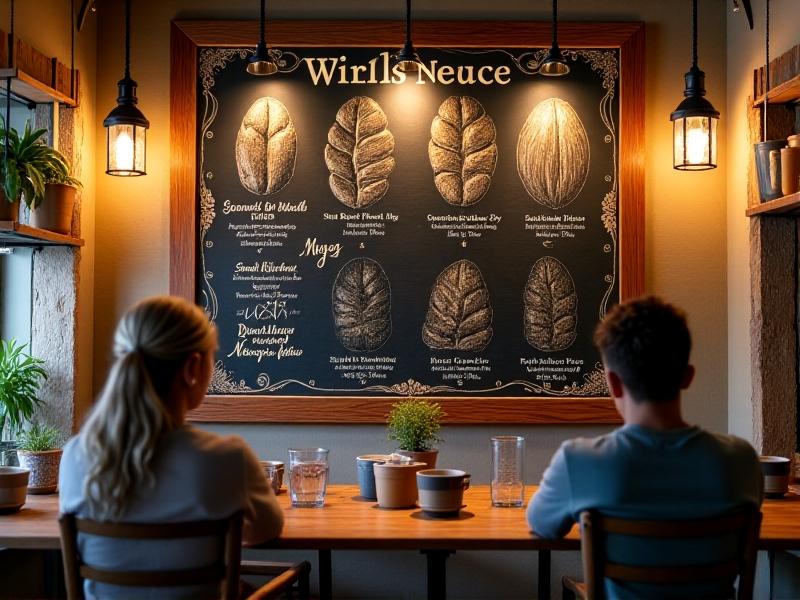Direct Trade Contract Negotiation Tips
Understanding the Fundamentals of Direct Trade
Direct trade is a procurement model that prioritizes transparency and mutual benefit between buyers and producers. Unlike traditional supply chains, which often involve multiple intermediaries, direct trade fosters closer relationships, allowing both parties to negotiate terms that reflect fair pricing, quality standards, and ethical practices. To succeed in direct trade negotiations, understanding the core principles—such as long-term partnerships, sustainability, and traceability—is critical. Begin by researching the producer’s background, market conditions, and industry benchmarks to establish a foundation of trust.

Preparing for Negotiation: Research and Strategy
Effective negotiation starts long before the conversation begins. Conduct thorough research on the producer’s operational costs, historical pricing, and regional challenges. Equally important is clarifying your own priorities: Are you focusing on cost, quality, or sustainability? Develop a flexible strategy that outlines your non-negotiables and areas for compromise. For example, if a coffee producer insists on higher prices due to organic certification costs, consider offering longer contract terms in exchange. Preparation also involves anticipating counterarguments and practicing active listening to address concerns collaboratively.

Building Rapport with Producers
Relationship-building is the cornerstone of direct trade. Start by visiting the producer’s facility to gain insight into their processes and challenges. Face-to-face interactions demonstrate commitment and foster empathy—key elements for negotiating win-win agreements. Share your company’s values openly; for instance, if sustainability is a priority, discuss how you can support eco-friendly practices. Small gestures, like timely payments or collaborative problem-solving, reinforce trust. Remember, a strong rapport can transform transactional negotiations into lasting partnerships.

Negotiating Key Contract Terms
Focus on aligning terms that benefit both parties. Pricing models, payment schedules, and quality control mechanisms are common negotiation points. For example, tiered pricing based on volume can incentivize long-term commitments, while third-party quality audits ensure accountability. Include clauses for force majeure or market fluctuations to mitigate risks. Be transparent about expectations: If delivery timelines are strict, outline penalties for delays but also offer support for unforeseen challenges. Flexibility here can prevent disputes and strengthen collaboration.

Overcoming Common Challenges
Cultural differences, communication barriers, and misaligned expectations often complicate negotiations. Address these by hiring local interpreters or mediators who understand regional business customs. For instance, in some cultures, aggressive bargaining may damage trust, whereas a gradual approach is preferred. Use technology like translation apps or collaborative platforms to bridge gaps. When disputes arise, focus on problem-solving rather than blame—renegotiating terms with empathy preserves relationships and keeps projects on track.
Case Studies: Successful Direct Trade Agreements
Consider a cooperative of cocoa farmers in Ghana that partnered with a European chocolatier. By agreeing to premium prices for organic beans, the buyer secured exclusive access to high-quality cocoa, while farmers reinvested profits into community education programs. Another example is a specialty coffee roaster in the U.S. that provided microloans to Guatemalan producers, ensuring consistent supply and improving local processing facilities. These cases highlight how creativity and shared goals drive successful agreements.
Tools and Resources for Effective Negotiations
Leverage digital tools like contract management software (e.g., DocuSign or PandaDoc) to streamline revisions and approvals. Market analysis platforms such as AgriStats provide real-time pricing data, while communication apps like Slack facilitate ongoing dialogue. Checklists for legal compliance and sustainability certifications (e.g., Fair Trade or Rainforest Alliance) ensure all bases are covered. Don’t overlook traditional tools—printed contracts and in-person meetings still hold value in building trust.
Future Trends in Direct Trade Negotiations
The rise of blockchain for traceability and AI-driven market prediction tools is revolutionizing direct trade. Consumers increasingly demand ethical sourcing, pushing brands to adopt transparent practices. Climate change also influences negotiations, as producers seek support for resilient farming techniques. Future-focused negotiators will prioritize sustainability metrics, carbon footprint reduction, and tech-driven supply chain solutions to stay competitive and equitable.








